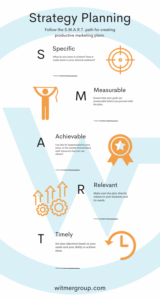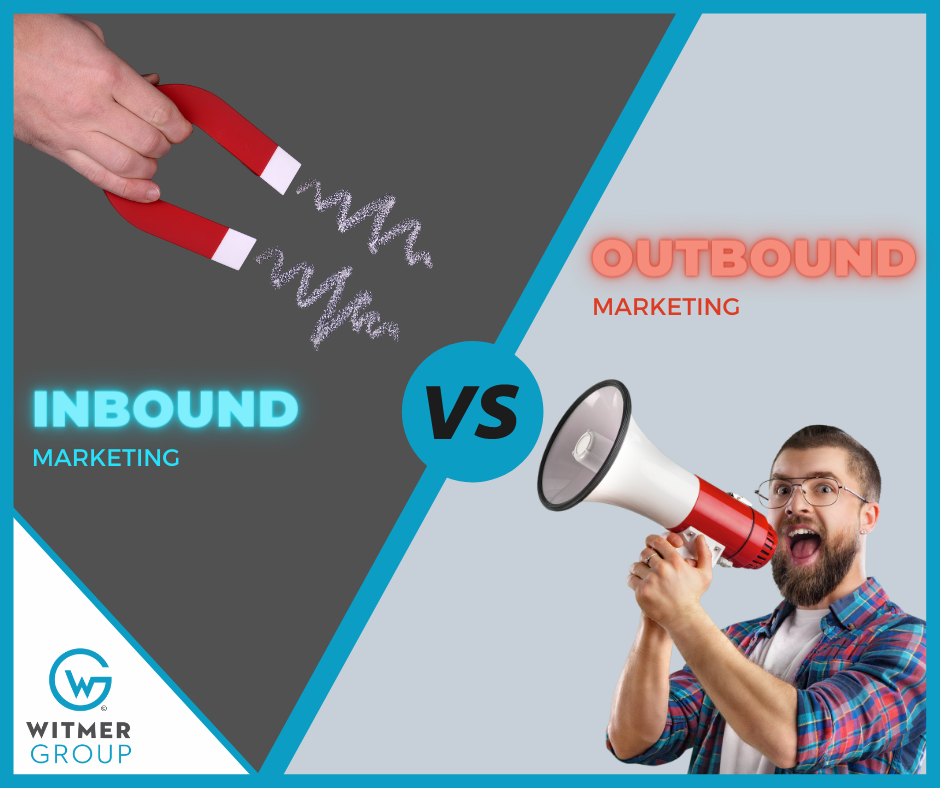Media Plans are Like Blueprints for Your Marketing Campaigns

Don’t waste your marketing budget on random campaigns that have no strategy or end result.
If you’re curious about whether you need a media plan, think of it this way. Do you want to increase your overall brand awareness? Do you want to drive conversion rates for form sign-ups on your website? Are you looking for new business in a particular locale?
 Whatever your goal is, make sure you have a clear plan about how you will achieve it. Make your goals specific, measurable, achievable, realistic, and timely. For instance, if your campaign objective is to increase new business leads by 20% over a three month period, create your media plan to adhere to what it will take to achieve the goal.
Whatever your goal is, make sure you have a clear plan about how you will achieve it. Make your goals specific, measurable, achievable, realistic, and timely. For instance, if your campaign objective is to increase new business leads by 20% over a three month period, create your media plan to adhere to what it will take to achieve the goal.
Media planning should include all of your goals from data collected from targeting technologies, creative development specifications for the actual ads, and accessibility to certain ad exchanges to determine the best way to deliver the message to your target by the preset deadline.
Smart media planning will control wasteful advertising dollars. It allows you to determine the combination of media that will communicate your message in the most effective way at the lowest cost.
A successful media planner is responsible for:
- The initial media purchase
- Continued optimization of performance throughout the campaign
- Understanding the product and/or service being advertised
- Knowing the ideal target audience
- Knowledge of the marketing campaign goals
There are media agencies that take on the responsibility of all of the above and more. That’s all they do — media planning. For many businesses, that is a viable option. For smaller or up-and-comer businesses, working with an affordable marketing agency like Witmer Group provides media planning and so much more.
Every marketing campaign will have different goals, but the first thing for your media planning strategy is to set clear objectives. Establishing your goals first will take you to the next step: who is your best audience?Defining your target audience
Before you can decide on the details of your media strategy, you must understand who your ideal customers are and how you can best reach them.
Consider these things when building the target audience for your campaign:
- Type of campaign – Business to Business (B2B) or Business to Consumer (B2C)
- Demographics – age, gender, ethnicity, income, occupation, etc.
- Interests – intent to purchase, in-the-market
- Media Habits – preferred media platforms to engage (desktop, mobile, native, etc.)
Once you have determined your ideal consumer, then you can build an accurate audience with the people who are in-the-market for the product or service you sell and are most likely to respond to your ads.
Certain criteria can be set across media channels to either open the campaign for a broad reach or narrow the selection more specifically to fit campaign requirements – such as residence within a radius from a specific location, age group or annual income. That enables you to have a select number of people who fit the criteria to serve as an ideal target audience for your media campaign.
Campaign details to consider
- Timeline of the campaign
- Budget given to the campaign
- Media channels by which you will reach your target audience
Whether it is through desktop, mobile, tablets, or social media, meet your target audience where they are engaging most by analyzing their media preferences.
Building your media plan
Once all of the necessary target audience is created and counts are compiled, it’s time to build your media plan.
A media plan will include details such as specific media channels best for message delivery, the number of impressions, the cost per million clicks and creative development specifications.
Creative development specifications entail the actual images and message of the banner ads that will be delivered across different platforms and ensuring that they are engaging – to boost clicks and responses.
Media planning compiles all of the marketers’ desired goals, data compiled from targeting technologies, creative development specifications for the actual ads and accessibility to certain ad exchanges to determine the best way to deliver the message to target audiences.
Your campaign will span through a specific amount of time and can be delivered across desktop, native, mobile and email.
Measuring the results
Once the campaign is deployed, the most important part of media planning actually begins.
Your media planner or marketing agency will analyze and achieve measurable goals by tracking engagement, such as click-through rates in delivered emails and form sign-ups on the website. This way, marketers can understand what works best and what drove the most engagement and revenue to optimize the existing campaign and maximize the success of future campaigns.
Valuable media delivery and the analysis of real-time engagement data ensures that your marketing dollars are being invested into real results.
Witmer Group can help you with all of your media planning, starting with defining your target audience based on the concise data compiled and analyzed by our in-house data scientist. We can help you with fresh creative content, proven SEO techniques, and more. Contact Witmer Group to discover what digital marketing expertise can do for your organization.


